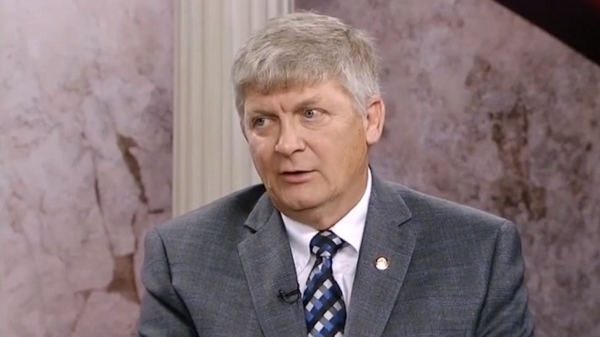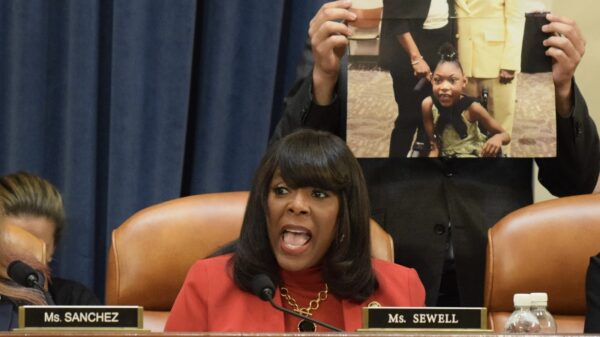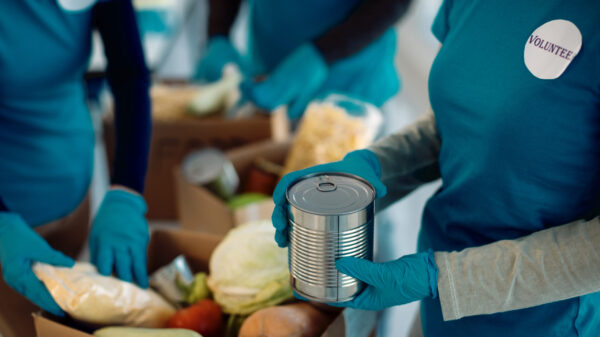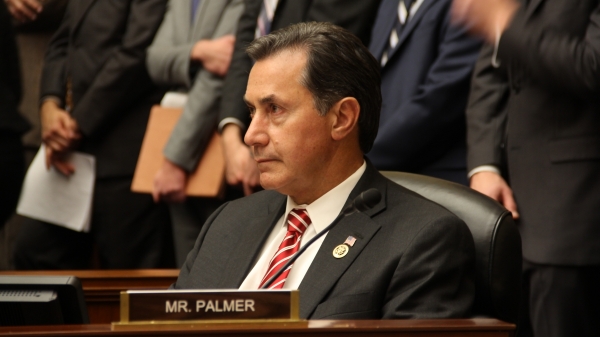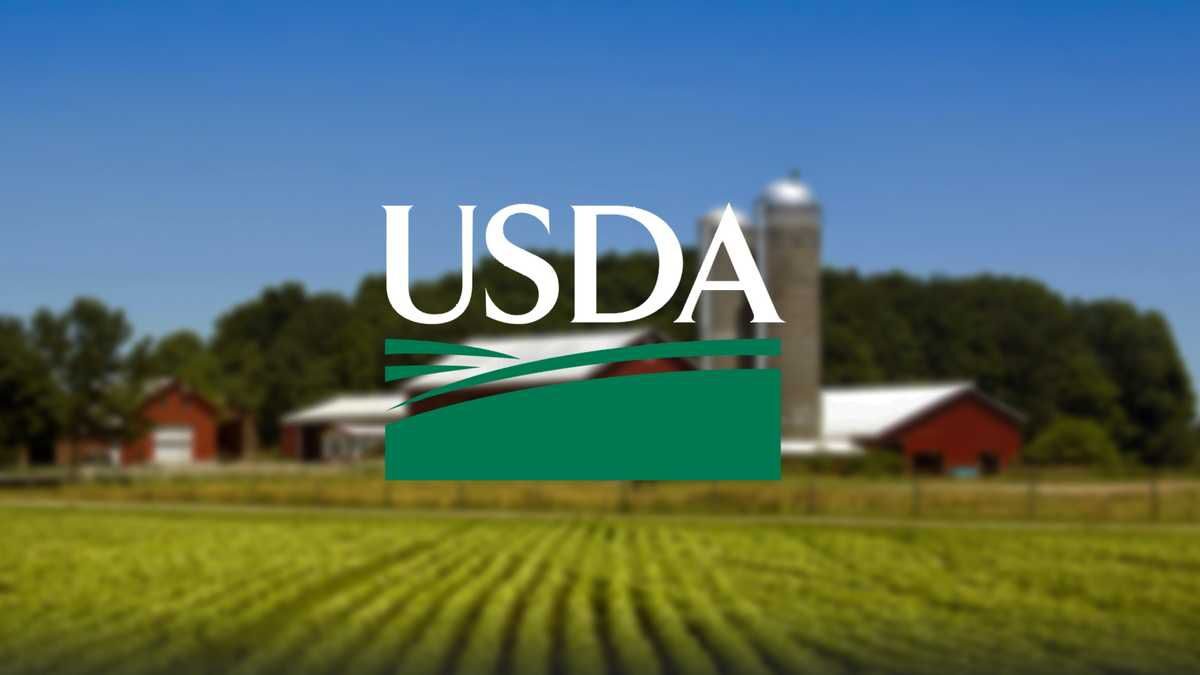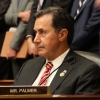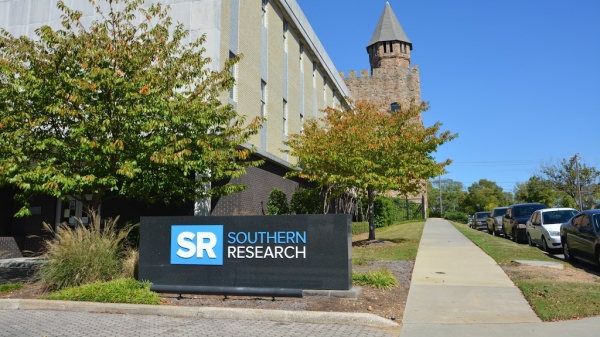Farmers in Alabama and across the country are experiencing financial uncertainty after the Trump administration froze grant monies coming from the U.S. Department of Agriculture.
On his first day of office, President Donald Trump issued an executive order that paused the distribution of all funds tied to the former Biden administration’s Inflation Reduction Act, including $19.5 billion in agriculture-related conservation programs. Trump also froze another $3.1 billion in funds related to Biden’s investment in “climate-smart” farm projects.
This freeze on USDA grant monies has left many American farmers footing the bill for expenses they were told would be reimbursed by the federal government. Small farms are being hit especially hard by the policy because of their smaller profit margins and more limited access to credit. These smaller farms are also more likely to be participating in the very federal grant programs that have been frozen, according to a recent USDA report.
Farming makes up a significant portion of Alabama’s economic output, with over $9 billion in agricultural products sold in the state in 2024, and small farms are essential to that industry. Indeed, 91 percent of the state’s 37,362 farms are family-owned. Thus, Alabama’s agricultural industry could be hit especially hard by the Trump administration’s freeze on USDA monies.
Last week, APR spoke with Jeanine Bell, a 74-year-old retired educator who has been working to restore an abandoned 27-acre property in Jefferson County with the hopes of turning it back into a working farm.
Bell explained that she initially signed a contract for a 3-year reimbursable grant with the USDA that would help her cover the expenses required to restore the property. Bell told APR that she was reimbursed around $8,000 and $6,000 in the first and second years of the contract respectively. However, when she submitted her receipts for reimbursement this year, the story was different.
“I submitted receipts for $12,560 this year and then, absolute silence,” Bell said. “I kept wading through the bureaucracy to try to find this, because I knew one thing, and this was the thing that I’ve held onto the whole time: this agency and I have signed a contract, both of us… I thought ‘well, you know, they’re going to have to pay my contract’ and they didn’t, and they haven’t, and I haven’t heard a peep from anybody.”
Bell expressed frustration with public officials and the Trump administration over the freeze, which she continued to describe as a “breach of contract.”
“I’m just out the money, and I’m a retired schoolteacher, and I can’t believe that my government would do this to me,” Bell said.
“I haven’t heard from Gary Palmer, I haven’t heard from Katie Britt, nothing,” she continued. “I think they’re all scared to death.”
Bell explained how the freeze on USDA grant monies blindsided her financially and jeopardizes the future of her farm.
“Because I had accepted the first grant and it went very well the first year, I was looking forward to the progress and I was counting on that in my finances,” Bell said. “It’s like everything just collapsed… that’s all just sort of frozen my efforts to restore this beautiful piece of property… they just left me holding the bag.”
Bell stressed that, at 74 years old, she is unable to do the work needed to restore the farm on her own and that the USDA money is essential to getting the job done. And Bell is not an outlier, the average age of a farmer in Alabama is over 58 years old, with nearly 40 percent of Alabamian farmers being older than 65. The Trump administration’s pause on USDA funding could be especially painful for older farmers who may need the money to afford outside labor or services to complete projects.
“It’s like being in a bad nightmare… I don’t know what else to say,” Bell said.
Bell, who voted for Trump in the 2024 general election, now has serious concerns about the administration and the cuts it has been making to agencies like the USDA.
“You know, I voted for that man, and he’s a different person than he was the first time because he hit the ground hard when he started this time, and its nothing that I’ve ever seen in my lifetime,” Bell said. “I’m insecure because I think there are collateral or unintended consequences for the things that were already in place and had been historically there for us. It’s a level of anxiety that I would never have expected to experience.”
The USDA did announce last Thursday that it will be releasing $20 million in grant monies for previously approved contracts that had been caught in Trump’s funding freeze. However, the sum represents only a tiny sliver of the billions of dollars in program funding that remain frozen. Many farmers, like Bell, remain uncertain about their payment status.

